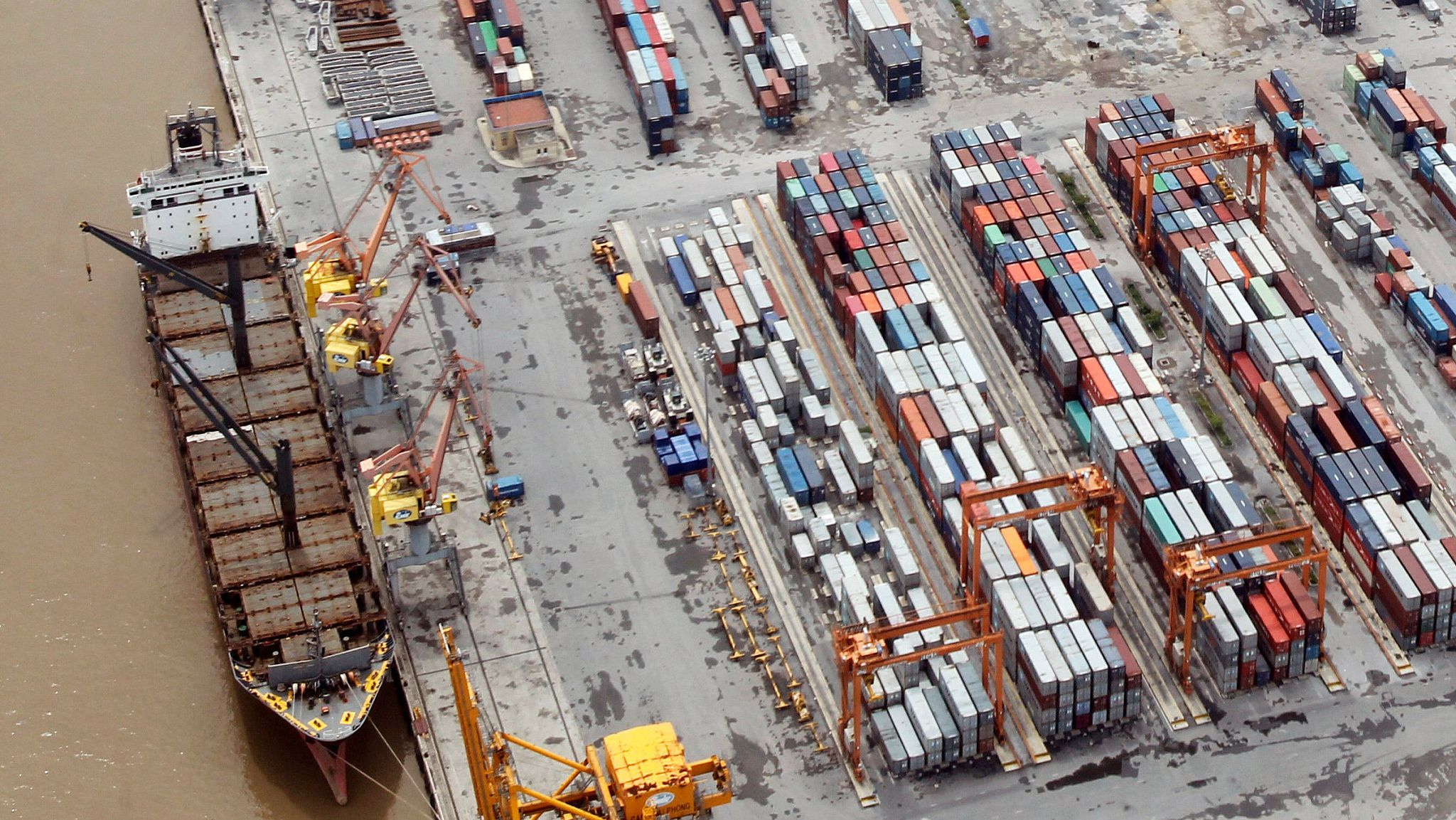
Large-scale waste dumping has reportedly choked Vietnamese ports, with hundreds of containers loaded with plastic and paper scraps lying unclaimed, forcing authorities to impose a temporary ban on waste imports.
Tan Cang – Cai Mep International Co., Ltd (TCIT), a terminal services company, in a letter to shipping lines and customers, said it would suspend imports of plastic and paper scrap as a similar decision earlier by another operator, Saigon Newport Corporation (SNC), had led to overcapacity at TCIT terminals.
“From 25th of June to 15th of October, TCIT will stop receiving all imports laden containers of plastic waste,” a letter signed by general director Chang Fa Wei said. Ngo Minh Tuan, deputy head of SNC, in an official communication, claimed previously that about 5,200 containers of plastic and paper waste have been stored for 90 days or longer at its port.
TCIT Port authorities are alarmed that more than 1,132 containers with plastic and paper waste have been stacked up at the port for last few months.
“Customers are not coming forward to claim the scraps. It’s a complicated situation,” Nguyen Thai Thuong, a senior employee of TCIT, told CGTN over the phone.
“The Chinese ban on waste import is the main reason behind the surge of plastic and paper waste imports, undoubtedly.”
The Chinese ban has meant a diversion to Vietnam of the now unwelcome cargo.
Von Hernandez, global coordinator of Break Free from Plastics, explained that after China’s decisive action on waste, there was widespread fear that countries like Vietnam, the Philippines, Malaysia, and to an extent India might become a victim of waste dumping by the EU and US. “Vietnam’s ban on plastic and paper waste imports means that such garbage might be diverted to other poor nations,” he said.
In 2016, Chinese recyclers imported a whopping 7.3 million metric tons, worth 18 billion US dollars, of waste metal, plastics and paper, mostly from developed countries. In the last five years, the UK has exported over 2.7 million tons of plastic waste to the Chinese mainland and Hong Kong-based recyclers. And the US exported 1.42 million tons of plastics worth 495 million US dollars to China in 2016.
The Chinese mainland banned such waste from the West earlier this year, primarily to protect its environment and control widespread violations. In a note to the WTO, China maintained “that large amounts of dirty wastes or even hazardous wastes are mixed in the solid waste that can be used as raw materials. This polluted China’s environment seriously.”
Chinese environmental and customs officials concerned over the massive dumping of banned scraps initiated Operation Green Fence in 2013 that found violations on a large scale.
In recent months, Vietnam has witnessed similar violations. The Customs Risk Management Department reported that firms in Binh Dinh Province illegally imported 44,000 tons of plastic waste in Hai Phong.
Hernandez said that for developed countries, it’s economical to dump waste in developing countries. “It has become imperative for developing countries to take a stand against the waste dumping jointly, or it will have a major consequence on the environment,” he added.
The EU has announced the recycling of all plastic packaging waste and set a deadline to reduce plastic bag use by 90 percent with implementation deadlines set for 2030 and 2026, respectively.
[Top Image: Containers of Dinh Vu port are seen from a seaplane of Hai Au Aviation during its first flight from Hanoi to Ha Long, September 8, 2014. /VCG Photo.
